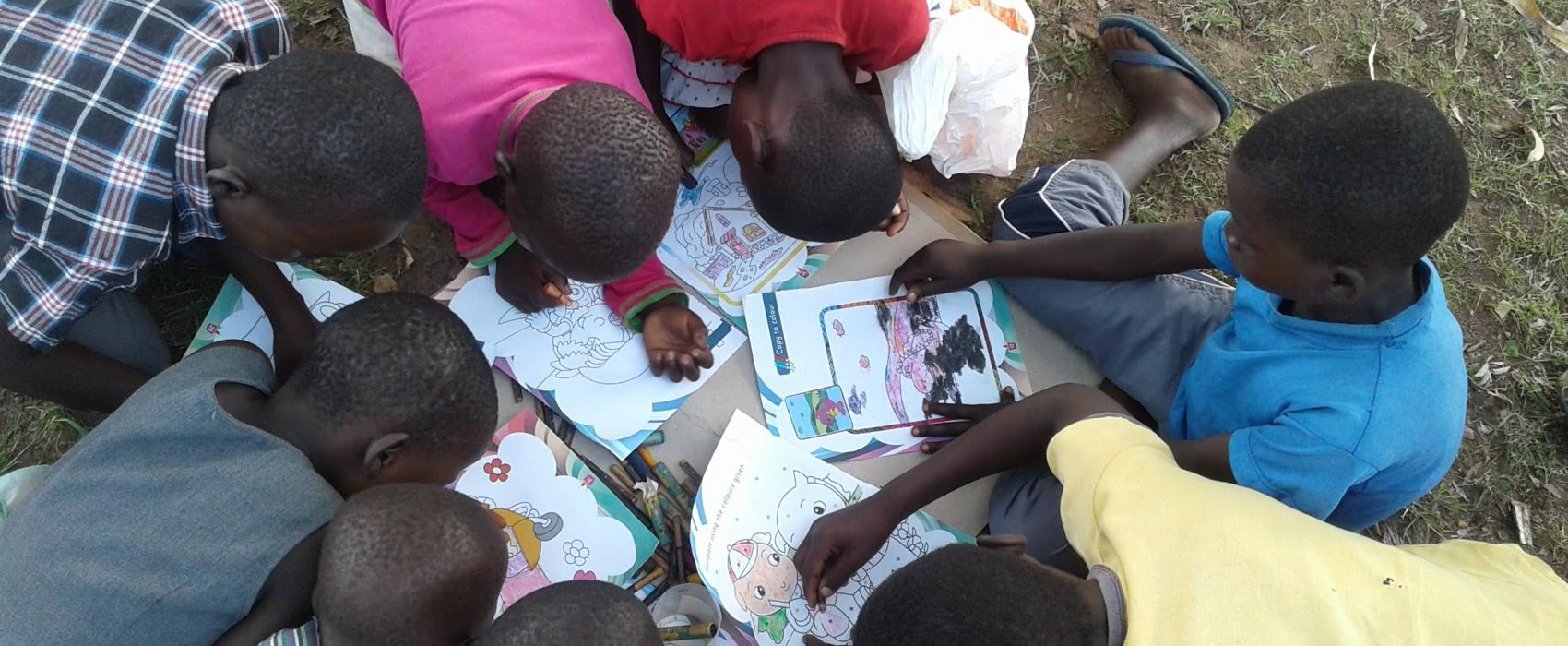 MHRP, the KEMRI/Walter Reed Project, and local stakeholders have opened three community posts in outlying areas of Kericho, Kenya, to provide accessible, decentralized HIV prevention, care and treatment services under the President’s Emergency Plan for AIDS Relief (PEPFAR).
MHRP, the KEMRI/Walter Reed Project, and local stakeholders have opened three community posts in outlying areas of Kericho, Kenya, to provide accessible, decentralized HIV prevention, care and treatment services under the President’s Emergency Plan for AIDS Relief (PEPFAR).
The community post model expands the footprint of HIV services by opening small outposts in communities away from larger clinics and treatment facilities. The model harnesses community platforms such as churches, markets and bus stops to deliver more accessible continuum of care services and alleviate the burden on overwhelmed health systems. MHRP partners opened the first Kericho post in March 2024 in the Nyagacho settlement, followed by posts in Brooke and Kahororah.
“Community involvement is key, and including community members in planning supports service uptake,” said Fillet Lugalia, a case-finding manager overseeing community post implementation. “Community members, faith communities, and administrative leaders help decide where the posts should be located based on data and community needs.”
Community posts offer convenience to PEPFAR clients, addressing barriers to service by reducing the time, resource, and stigma constraints of accessing HIV treatment and care from traditional clinic settings. Posts are chosen and outfitted to appear discreet, and they employ local, trusted staff trained in customer core “RECIPE” values: responsibility, empathy, compassion, integrity, passion, and ethics. The Kericho community posts offer pre-exposure prophylaxis (PrEP), condom education and distribution, risk reduction counseling, gender-based violence prevention services and vulnerable child linkages and referrals.
The community post model was established in Zambia, and the Kenya team worked with originators to apply best practices and discuss lessons learned prior to implementation.
“We learned men do not easily visit health facilities, but when testing is available near them, they easily take up testing,” said Lugalia. “Individuals living with HIV who interrupt treatment due to various barriers are brought back to treatment through a community post and monitored on a weekly basis.”
As of June, staff have identified 53 cases of HIV and returned 35 other individuals living with HIV to care and treatment.
